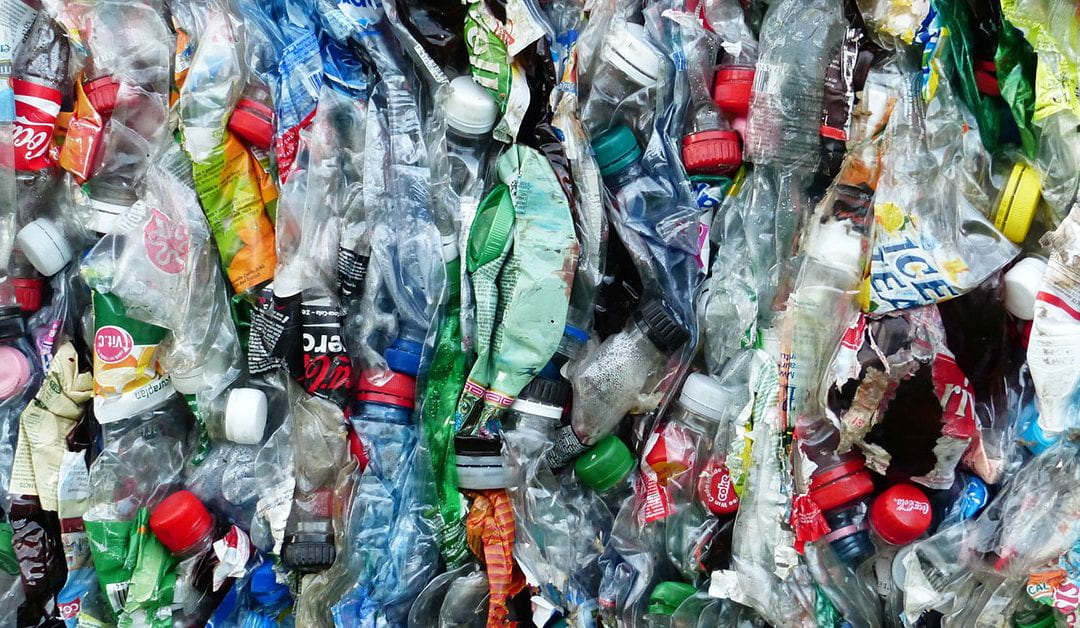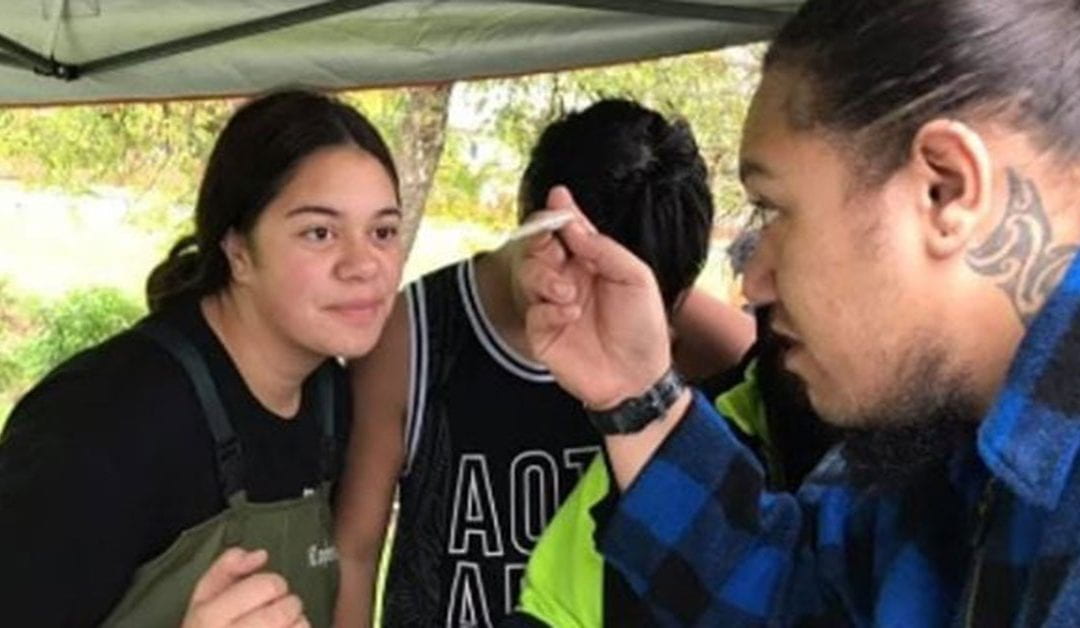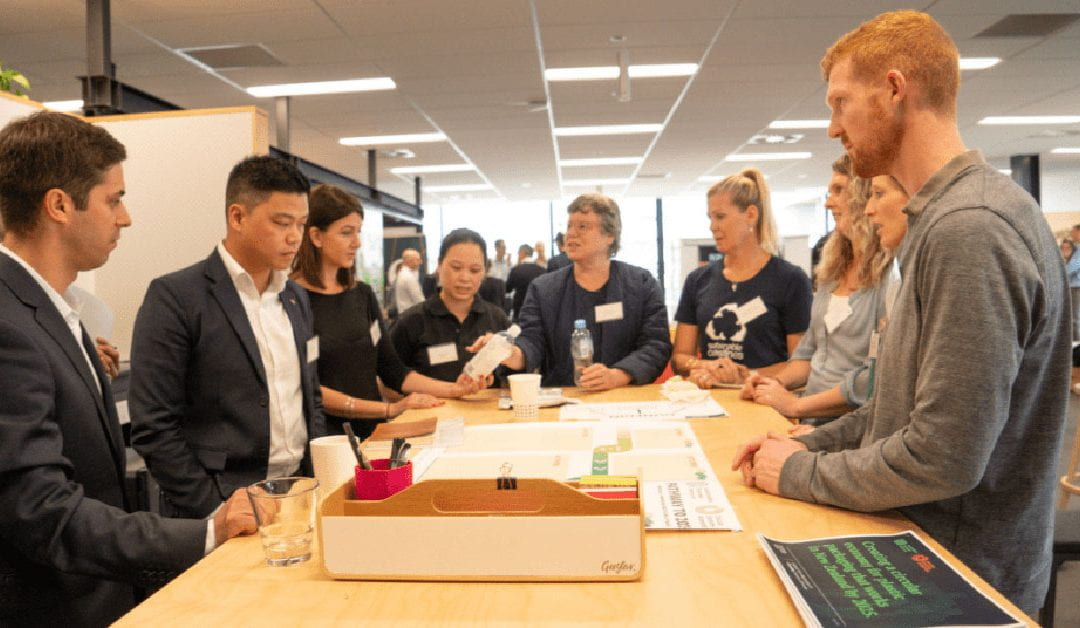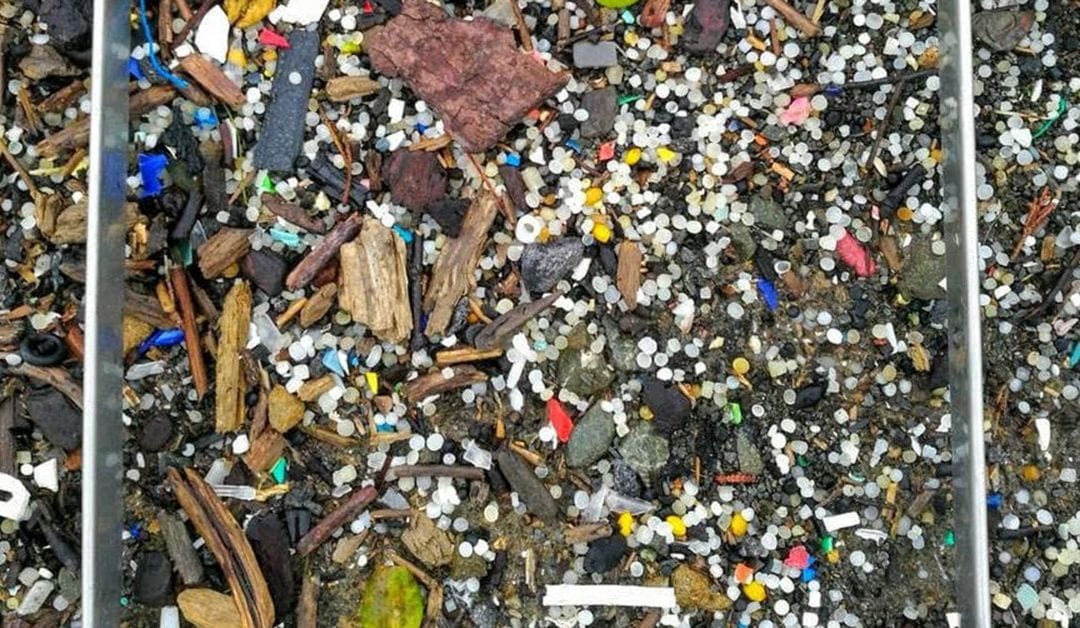
by JonoB | Dec 5, 2019 | Case studies – Rethinking plastics
The carbon footprint of plastics use in 2050 could be reduced by 93% (relative to the current trajectory up to 2050) by moving to 100% sugarcane-based plastics with 100% renewable energy combined with 100% recycling and reduced demand growth In a study of the carbon...

by JonoB | Dec 5, 2019 | Case studies – Rethinking plastics
Some plastic articles of clothing are captured in the ‘Plastics and articles thereof’ harmonised trade codes in import data from Statistics NZ, but this does not account for all synthetic fibres imported into the country. Drawing on data from the ‘Apparels’ and...

by JonoB | Dec 5, 2019 | Case studies – Rethinking plastics
Globelet offers a reusable cup system for festivals and other events. The cups are made from recycled polypropylene (#5) and manufactured onshore. Globelet provides the following statistics on their reuse system: For a festival of 10,000 people, 15,000 reusable cups...

by JonoB | Dec 5, 2019 | Case studies – Rethinking plastics
Ka mihi ki a Ranginui, ki a Papatūānuku Ka mihi ki te ngao o te wheiao With a kaupapa of creating a healthy, peaceful, more sustainable world, Toimata Foundation supports inter-generational learning and action by running two main programmes in schools and communities:...

by JonoB | Nov 6, 2019 | Case studies – Rethinking plastics
The Sustainable Business Network (SBN), in partnership with the Ministry for Primary Industries, Foodstuffs NZ and New Zealand King Salmon, has run a three-part plastics packaging masterclass series to help empower brands to make informed decisions around their...

by JonoB | Nov 6, 2019 | Case studies – Rethinking plastics
Plastic pellets, or nurdles, are the raw material of the plastics manufacturing industry. They are commonly found in beach and river clean ups. The plastic manufacturing industry in Aotearoa New Zealand identified this as a key issue for their members to address....







